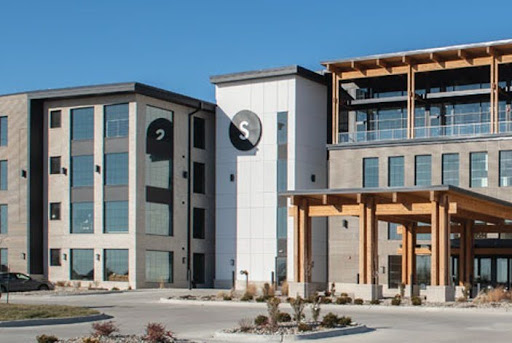Energy plan, tax bills move ahead after second funnel


The Iowa Legislature on Friday reached its second funnel deadline, determining which bills would continue to make progress this session. To make it past the second funnel date, bills needed to clear at least one chamber and one committee of the other chamber.
Top of mind for many business leaders this year has been taxes, including property and unemployment insurance taxes. Bills related to taxes are not subject to the funnel deadlines and will continue this session.
Senate Study Bill 1208 and House Study Bill 313 would place caps of 2% on property tax collected on existing properties, but excludes “new valuation” from the cap, allowing communities to collect revenue on new construction above 2%. But tax increment financing districts are not included in the definition of “new valuation,” which raised concerns about cities’ ability to collect revenue from economic development once a TIF district expires, the Business Record reported.
With unemployment insurance tax rules, businesses are taxed up to $38,000 in wages to pay for the safety net. Senate File 607 and House File 980 address this issue, attempting to reform the unemployment insurance tax system.
Tax credit reforms for the Iowa Economic Development Authority are also safe from the second funnel deadline. Senate Study File 1205 and House Study Bill 305 would alter, and in some cases reduce, tax credits and business incentives administered by the IEDA.
Other bills that have survived the funnel deadline include Gov. Kim Reynolds’ energy plan (Senate File 585 and House File 834) regarding electric power generation, energy storage and ratemaking.
Also, Reynolds on March 28 signed Senate File 603, relating to workforce compensation and training, unemployment insurance and other functions of workforce development. Its latest amendment states that cities cannot make development incentives contingent upon the training or compensation employees receive, beyond state law mandates.

Gigi Wood
Gigi Wood is a senior staff writer at Business Record. She covers economic development, government policy and law, agriculture, energy, and manufacturing.










